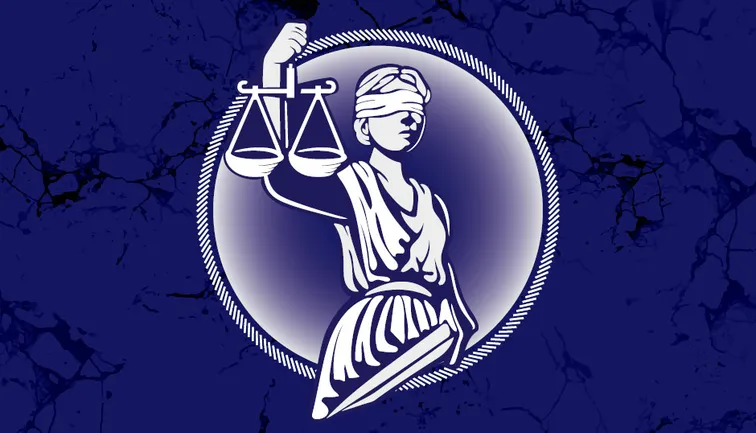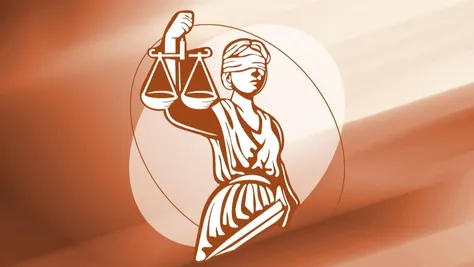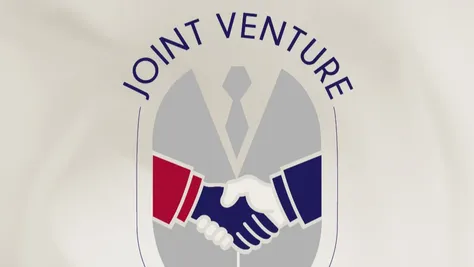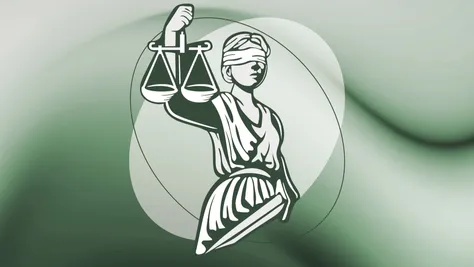With the April judgment (case No. 27 Cdo 3019/2023) we will visit the insolvency sphere, but with sufficient overlap into the concept of due care of a prudent manager, as befits a TOP corporate case-law judgment of the month. The Supreme Court dealt with a case in which it considered whether the executive directors were liable for the debts of a company that ended up in insolvency. This involved a potential breach of their duty to make sufficient efforts to avert insolvency (under the legislation applicable until 31 December 2020).
In the case at hand, the shareholders removed themselves from the position of the company’s executive directors at a time when the company had due and payable debts of only approximately CZK 35,000 and was thus not insolvent or, from the perspective of the due and payable debts, not even in imminent insolvency. At the same time, the lease agreement for the premises where the company conducted its business activities was terminated, and it was questionable whether, in the absence of efforts to remedy the situation, the company would be able to continue its business in the future.
The Supreme Court noted that the question of whether a company is in imminent insolvency is not answered solely by reference to the debts due and payable. It held that the relevant question was whether it was reasonably foreseeable that the debtor would not be able to repay, in a proper and timely manner, a substantial portion of its monetary obligations in the future. Thus, the business outlook must be taken into account in relation to all monetary debts, not just those already past due. It did not go unnoticed that some of the debts already existed during the terms of office of the executive directors, became due and payable shortly after the termination of their office, while the termination of their office was the result of the executive directors’ decision in their capacity of shareholders.
The Supreme Court also mentioned that the mere formal holding of the office of executive director without actually performing it is, as a rule, in itself a breach of due care of a prudent manager. The court described as a correct course of action consistent with the due care of a prudent manager such course of action where the executive directors would try to restore the business, hire a crisis manager, or at least communicate with the creditors regarding the payment of their claims.
It is worth noting that as of 2021, the risk of liability of executive directors for the debts of an insolvent company is no longer present in this form in the Companies Act. In relation to insolvency, however, executive directors still face the obligation to surrender the benefits received from the company for up to 2 years (due to a late insolvency petition), and also the obligation to replenish the insolvency estate up to the amount of the debts. This applies while taking into account the extent to which (and how) the executive director contributed to the company’s insolvency, especially if the company were to go bankrupt. Both these obligations are subject to such breach of the duties of the executive director as contributed to the insolvency. Here, too, it is necessary to keep in mind the due care of a prudent manager.
We recommend some of our wide range of training courses with Kamil Kovaříček at HAVEL & PARTNERS on this as well as other topics.








